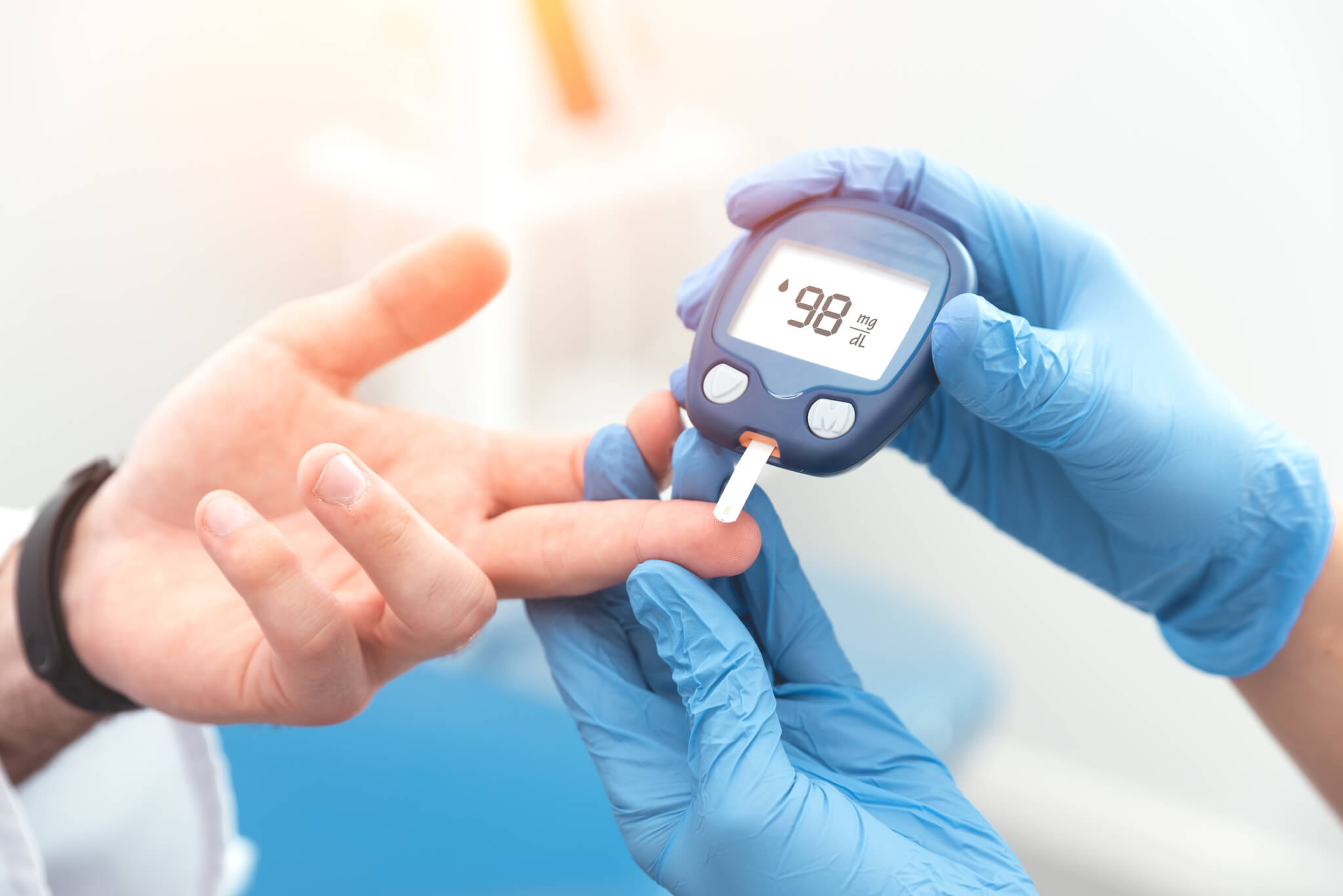UPPSALA, Sweden — New research out of Sweden should serve as a reminder to all the night owls out there that a decent night’s sleep isn’t optional. Scientists at Uppsala University have found that adults sleeping a mere three to five hours nightly tend to have a higher risk of developing Type 2 diabetes. It’s generally recommended that adults get somewhere between seven and nine of sleep per night.
Importantly, the research team also adds their work suggests a healthy diet isn’t enough to compensate for or undo the negative impact of prolonged sleep deprivation.
“I generally recommend prioritizing sleep, although I understand it’s not always possible, especially as a parent of four teenagers,” says Christian Benedict, Associate Professor and sleep researcher at the Department of Pharmaceutical Biosciences at Uppsala University and the leading researcher behind the study, in a media release.
To reach these conclusions, Prof. Benedict and a team of researchers examined the link connecting Type 2 diabetes and sleep deprivation. Type 2 diabetes influences the body’s ability to process sugar (glucose), subsequently hindering insulin absorption, ultimately resulting in high blood sugar levels.
A report from 2020, meanwhile, reveals that over 462 million people live with Type 2 diabetes. Over time, the condition can also lead to serious damage, specifically to nerves and blood vessels. Thus, researchers say Type 2 diabetes represents an escalating public health problem on a worldwide scale.

“Previous research has shown that repeated short daily rest increases the risk of Type 2 diabetes, while healthy dietary habits such as regularly eating fruit and vegetables can reduce the risk. However, it has remained unclear whether people who sleep too little can reduce their risk of developing Type 2 diabetes by eating healthily,” explains Diana Noga, a sleep researcher at the Department of Pharmaceutical Biosciences at Uppsala University.
Study authors utilized a dataset provided by the one of the largest population databases in the world, the UK Biobank. This database features nearly half a million participants from the United Kingdom who have been genetically mapped and who answered various questions pertaining to their health and lifestyle. Participants underwent tracking for over a decade, with it becoming apparent that a sleep duration between three and five hours appears linked to a higher risk of developing Type 2 diabetes.
Conversely, healthy eating habits among individuals did result in a lower risk of developing the disease, but even those who habitually ate healthily yet slept less than six hours a day still showed a higher risk of Type 2 diabetes.
“Our results are the first to question whether a healthy diet can compensate for lack of sleep in terms of the risk of Type 2 diabetes. They should not cause concern, but instead be seen as a reminder that sleep plays an important role in health,” Prof. Benedict explains.
Prof. Benedict also argues that the effects of sleep deprivation likely vary between individuals, depending on numerous aspects including genetics and the person’s actual sleep needs.
The study is published in JAMA Network Open.
You might also be interested in:
